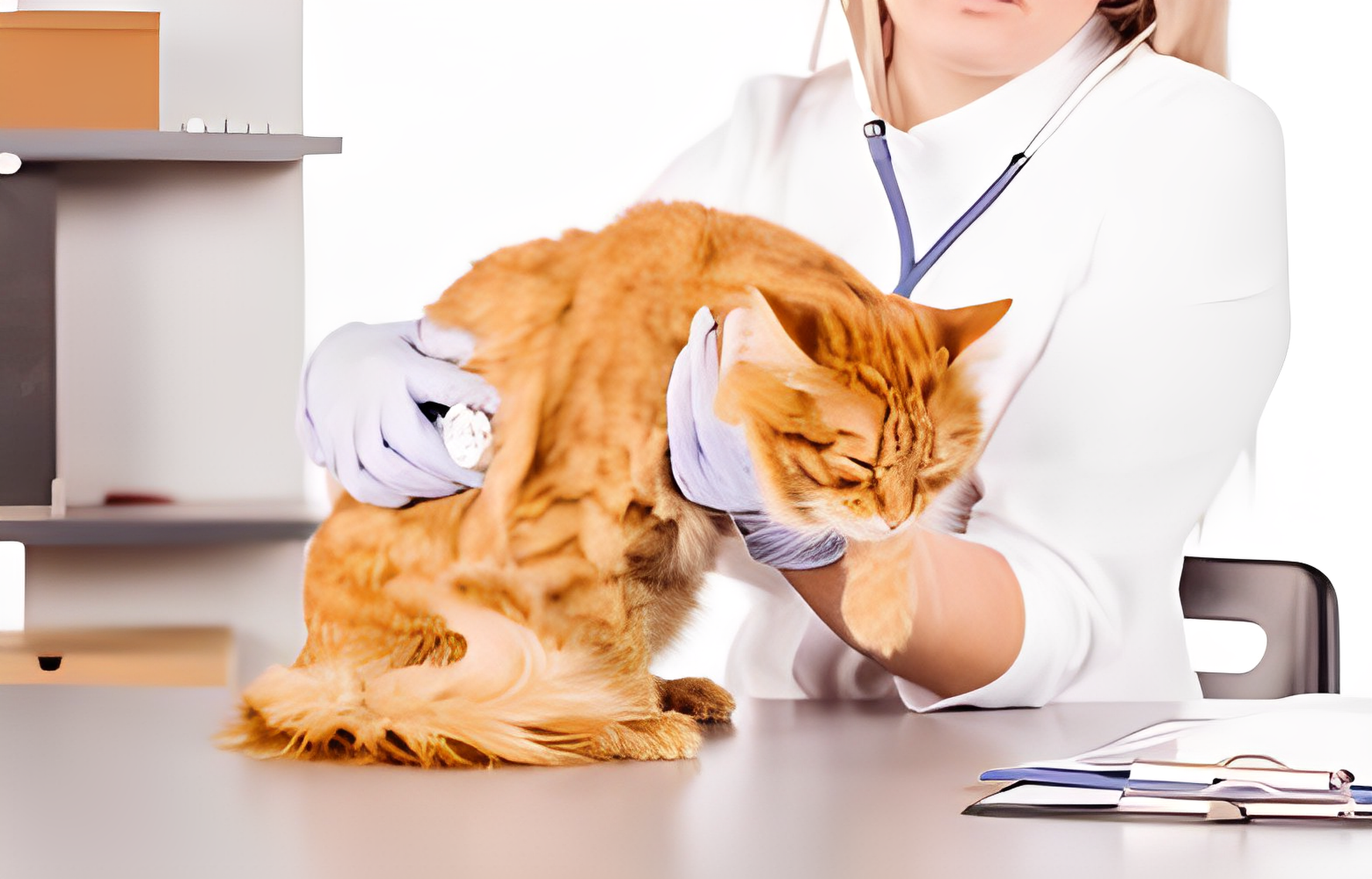As a responsible and caring cat owner, one of your primary responsibilities is ensuring the health and well-being of your feline companion. Cats, like all living creatures, can experience health issues from time to time. Being knowledgeable about common cat illnesses, their symptoms, causes, and available treatments is crucial to providing the best care for your beloved pet. In this comprehensive guide, bet barn will delve deeper into some of the most prevalent cat illnesses, exploring their symptoms, underlying causes, available treatment options, and preventive measures to keep your cat in the best possible health.
1. Upper Respiratory Infections (URIs)
Upper respiratory infections are a frequent occurrence in cats, particularly in multi-cat households or shelter environments. These infections are primarily caused by viruses such as feline herpesvirus and calicivirus. Symptoms of URIs in cats include sneezing, coughing, nasal discharge, and lethargy.
Causes: URIs are highly contagious and can spread through direct contact or via airborne transmission when an infected cat sneezes or coughs.
Treatment: While there is no cure for viral URIs, supportive care is essential. Keep your cat comfortable, ensure they are well-hydrated, and offer nutritious food. In severe cases, your veterinarian may prescribe antibiotics to prevent secondary bacterial infections.
2. Urinary Tract Infections (UTIs)
Urinary tract infections are relatively common in cats and can affect the bladder (cystitis) or the urethra (urethritis). Signs of UTIs in cats include frequent urination, straining in the litter box, and blood in the urine.
Causes: UTIs can result from bacterial infections or underlying health conditions affecting the urinary tract.
Treatment: Treatment typically involves a course of antibiotics prescribed by your veterinarian. Ensuring your cat has access to fresh water and maintaining good litter box hygiene can also help prevent UTIs.
3. Gastrointestinal Issues
Cats can experience various gastrointestinal problems, including vomiting, diarrhea, and constipation. These issues can be caused by dietary indiscretion, food allergies, or underlying medical conditions.
Causes: Gastrointestinal issues can have various causes, including dietary changes, infections, or inflammatory bowel disease.
Treatment: Treatment depends on the specific issue but often involves dietary adjustments and medications to alleviate symptoms. In severe cases, hospitalization and intravenous fluids may be necessary.
4. Feline Lower Urinary Tract Disease (FLUTD)
FLUTD is a broad term encompassing various urinary tract disorders in cats, including cystitis and urinary blockages. Symptoms may include straining to urinate, crying while urinating, and frequent trips to the litter box with only small amounts of urine produced.
Causes: FLUTD can have multiple causes, such as stress, diet, or anatomical abnormalities.
Treatment: Treatment involves addressing the underlying cause and may include dietary changes, medication to relax the bladder, or surgery in severe cases.
5. Dental Problems
Dental issues are common in cats, especially as they age. Symptoms may include bad breath, difficulty eating, drooling, or pawing at the mouth.
Causes: Dental problems can result from a buildup of plaque and tartar, leading to gum disease or tooth decay.
Treatment: Regular dental check-ups are essential to prevent dental problems. Treatment may include dental cleanings, extractions, or dietary changes to promote dental health.
6. Skin Conditions
Cats can develop various skin conditions, including allergies, flea infestations, and dermatitis. Symptoms may include itching, redness, hair loss, or skin lesions.
Causes: Skin conditions can be caused by allergies, parasites, or infections.
Treatment: Treatment depends on the underlying cause and may involve antihistamines, flea control, medicated shampoos, or antibiotics, as prescribed by your veterinarian.
7. Diabetes
Diabetes is a metabolic disorder that can affect cats, particularly those who are overweight or obese. Symptoms include increased thirst, frequent urination, weight loss, and lethargy.
Causes: Diabetes in cats is often linked to genetics and obesity.
Treatment: Managing diabetes in cats typically involves insulin therapy, dietary changes, and weight management under the guidance of your veterinarian.
8. Hyperthyroidism
Hyperthyroidism is a common condition in older cats, where the thyroid gland produces excessive amounts of thyroid hormones. Symptoms may include increased appetite, weight loss, restlessness, and vomiting.
Causes: Hyperthyroidism is often associated with changes in the thyroid gland as cats age.
Treatment: Treatment options for hyperthyroidism may include medication, dietary management, or radioactive iodine therapy.
9. kidney diseases
Chronic kidney disease is a prevalent condition in senior cats and can lead to a range of symptoms, including increased thirst, weight loss, and lethargy.
Causes: Kidney disease can result from aging, genetics, or other underlying health conditions.
Treatment: Managing kidney disease involves dietary adjustments, medications to support kidney function, and regular veterinary check-ups.
Preventive Measures
Preventing these common cat illnesses is often possible with proper care and attention:
Regular Veterinary Check-ups: Schedule regular check-ups with your veterinarian to catch and address health issues early.
Balanced Diet: Feed your cat a balanced and nutritious diet tailored to their specific needs and life stage.
Hydration: Ensure your cat has access to fresh, clean water at all times.
Dental Care: Brush your cat’s teeth regularly and seek professional dental cleanings when needed.
Parasite Control: Keep your cat on a regular parasite prevention program to protect them from fleas, ticks, and worms.
Stress Management: Create a stress-free environment for your cat, as stress can contribute to various health problems.
Exercise: Engage your cat in regular play and exercise to maintain a healthy weight and overall well-being.
Love and Attention: Provide your cat with love, attention, and mental stimulation to promote a happy and contented life.
While these are some of the common illnesses that can affect your beloved feline companion, it’s essential to remember that every cat is unique, and their health needs may vary. Regular veterinary check-ups, a balanced diet, and a loving, stress-free environment can go a long way in preventing and managing these illnesses. If you ever suspect that your cat is unwell, don’t hesitate to consult your veterinarian for a proper diagnosis and treatment plan to ensure your cat enjoys a long and healthy life filled with joy and companionship.

